Mozambique: Chapo celebrates victory day with call for national unity
Mozambique Elections: Renamo refuses to discuss entire electoral package in just two days
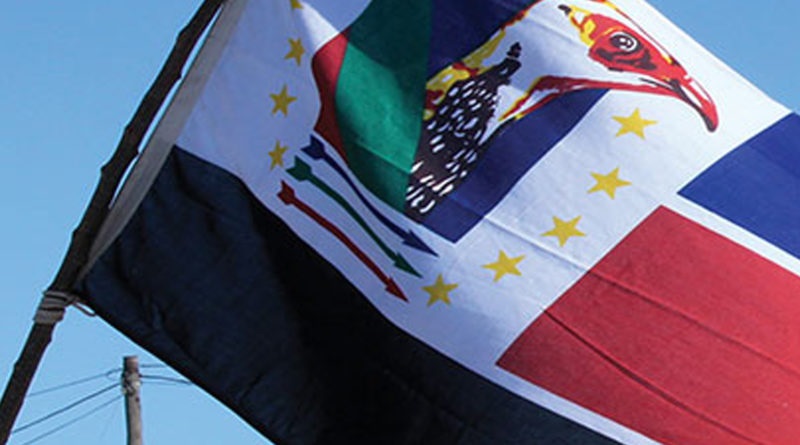
File photo: AIM
The divide widens between the parliamentary benches of Frelimo and Renamo regarding the points on the agenda that lead the Standing Commission of the Assembly of the Republic to call for the VII Extraordinary Session of Parliament to take place on Wednesday (24-001).
At issue are the discrepancies between the information contained in the notice issued by the Standing Commission and the documents shared with the 250 deputies. This is because, at the meeting held on Monday of last week, the Parliament’s Standing Commission decided that the VII Extraordinary Session of the Assembly of the Republic should discuss the Punctual Revision Project of articles 19 and 40 of Law nº 8/2014, of 12 March, which establish the legal framework for Systematic Electoral Registration for the holding of Elections.
However, the documents shared with the deputies, consulted by ‘Carta’, also include the specific revision projects of Law no. 2/2019, of 31 May, which establishes the legal framework relating to the election of the President of the Republic and of the Deputies of the Assembly of the Republic; and Law No. 4/2019, of May 31, which establishes the principles, organizational standards, powers and functioning of the executive bodies of provincial decentralized governance.
Yesterday, the Standing Commission met throughout the day, but there was no consensus regarding Frelimo’s intentions to discuss the entire electoral package this week. From what Carta learned, Renamo remained adamant in its position.
Renamo spokesperson, Arnaldo Chalaua, told Carta that the largest opposition parliamentary group will not debate the points that are not included in the call. He argues that, if there is urgency to discuss the remaining projects submitted by the Frelimo bench, the Standing Commission should call another Extraordinary Session.
In fact, Chalaua argues that the electoral package is complex and cannot be discussed in two days. He states that, to review an electoral package, a Commission must be created, one that will be tasked with listening to all interested parties, in order to prepare a text that is consensual.
Regarding the review of the Voter Registration Law, the spokesperson for the Renamo parliamentary group says there is no opposition from the “Partridge” party, as voter registration has always been carried out in dry and not rainy periods, as approved by the Council of Ministers.
The Frelimo parliamentary bench, the proponent of the session, promised to react today, but in a brief conversation with our newspaper, Frelimo bench spokesperson Feliz Silva said there were no differences between the call issued by the Standing Commission and the documents sent to the 250 deputies.
Feliz Silva argues that the call states that the point on the agenda is the discussion of the entire electoral package and not just the draft revision of the Voter Registration Law. He emphasizes that the revision of the Voter Registration Law directly affects the remaining laws in the electoral package, which therefore need to be revised too.
In turn, the parliamentary bench of the Democratic Movement of Mozambique (MDM) says that the debate on the review of the Voter Registration Law accommodates its interests, as it has always defended the need to change the start date of voter registration, due to the fact that it coincides with the rainy season.
However, in conversation with our report, the spokesperson for the MDM parliamentary group, Fernando Bismarque, stated that the main “strangulation knots” of the electoral process were not included in this package which is being reviewed and is hopeful that they will be discussed during the ordinary session that starts in mid-February.
Among the aspects that worry the MDM is the prior objection. The “Rooster” party believes that there is a need to clarify its application, as the Courts have contradicted the jurisprudence of the Constitutional Council, which eliminates the need to use this principle to contest electoral acts before the bodies of justice.
The MDM also argues that the accreditation of candidacy delegates must be carried out by political parties, with knowledge of the electoral bodies, because currently, STAE (Technical Secretariat for Electoral Administration) issues credentials at the last minute, which makes it difficult for them to be distributed among delegates.
For the MDM, the failure to discuss these and other aspects before the general elections constitutes a powder keg, taking into account the episodes witnessed last year, during the VI Local Elections.


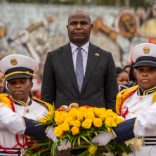

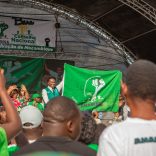
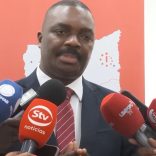
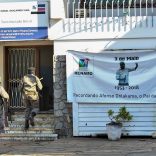





Leave a Reply
Be the First to Comment!
You must be logged in to post a comment.
You must be logged in to post a comment.